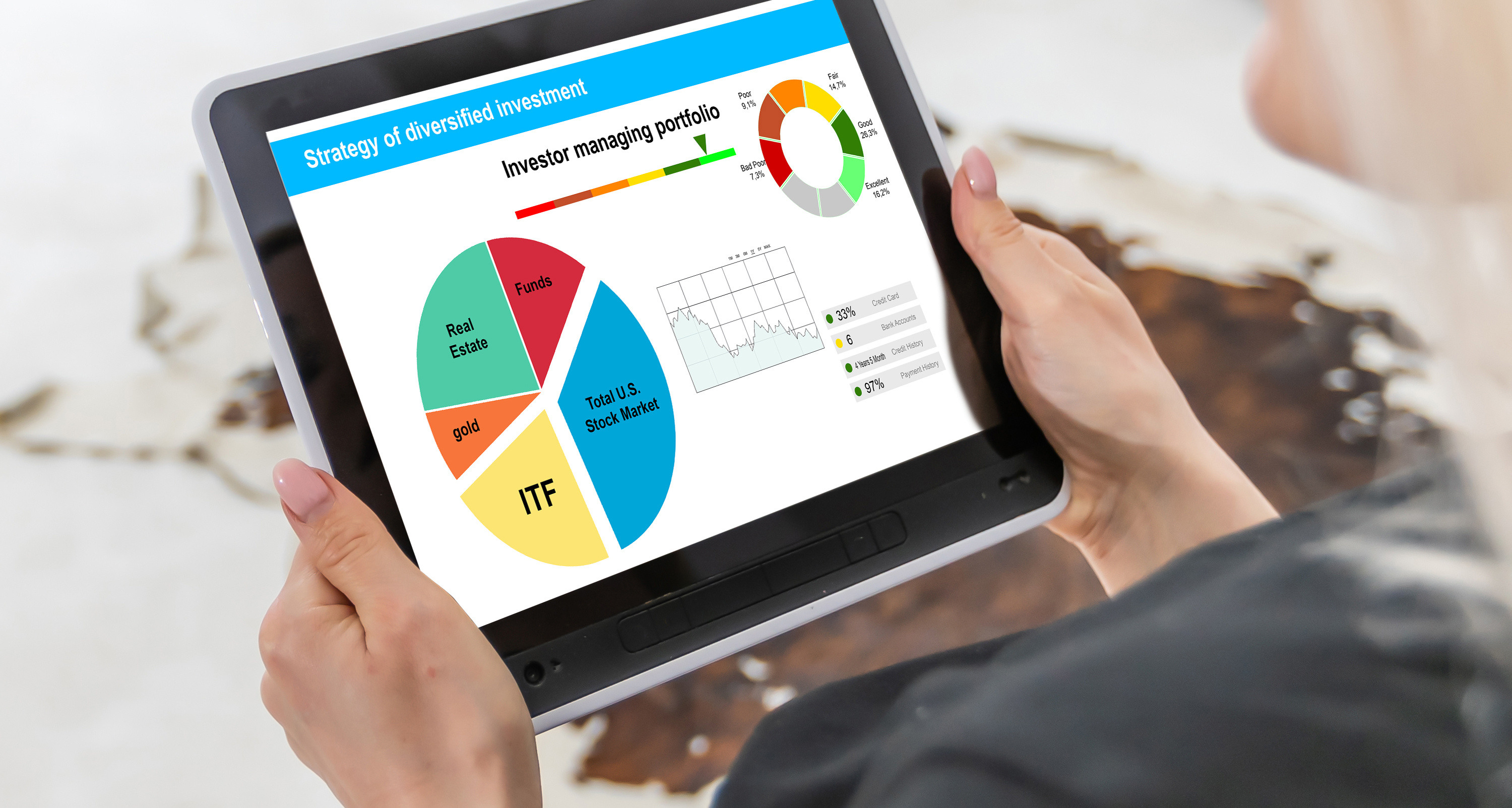Saving money is a daunting task for many people. Whether it seems like you need all your funds to cover regular expenses or you struggle with resisting the urge to spend your extra cash, you’re not alone. The U.S. personal savings rate has generally fallen since its pandemic-era highs. However, now is the perfect time to focus on padding your savings for unexpected expenses. The good news is that saving really does not need to be painful. If you’re going into this year looking for more ways to save, keep reading for 10 practical tips.
Clara Moses
Year-end giving, or “Giving Season,” refers to the last two months of the year when incoming charitable donations increase dramatically. Overall, approximately 30% of annual giving occurs in December, and 10% occurs in just the last three days of the year.
Smart Investor’s Guide to Real Estate Planning for Long-Term Stability
Real estate is often viewed as a side hustle, but it can play a significant role in your full financial plan. When approached thoughtfully, property ownership can generate income, support stability, and help you achieve your long-term goals. Keep reading to learn how to make the most of your real estate investments.
One pitfall of most investment accounts is that you must pay taxes whenever you sell investments for a gain or receive dividend payments. Individual retirement accounts, or IRAs for short, are excellent options for individuals seeking to defer taxes. They are primarily designed to help people without 401(k)s save for retirement, but they can also help you save on taxes.
There are all kinds of “rules for retirement” out there, but who’s setting them, and why should you feel like you must follow them? A common piece of advice given to people approaching retirement is to downsize their home. While it’s true that this move can reduce your cost of living in several ways, that’s not the only factor to take into consideration. Here are some of the pros and cons of downsizing for retirement that you can use to inform your decision.
When it comes to Medicare, one thing that many people agree on is that the enrollment process isn’t completely straightforward. Correct, helpful information is out there, but it’s often buried under jargon, lengthy articles, and conflicting sources. If you feel like your 65th birthday is approaching with gaining speed and you’re still confused about what exactly that entails, read this blog for answers to some of the most frequently asked Medicare questions.
Leaving a Legacy: Sharing Financial Lessons with Your Grandchildren
You’re probably familiar with the saying, "If you give a man a fish, you feed him for a day; but if you teach a man to fish, you feed him for a lifetime." This is how you should approach leaving a legacy for your grandchildren.
The new year is a time for fresh starts, but by the end of January, many people struggle to stick with their resolutions – especially financial ones. Whether working on saving for a big purchase or planning for long-term security, having clear, actionable financial goals is key to staying on track. Here are the basics behind setting goals and making them last.
Do you remember those resolutions you made not that long ago? It’s okay if you answered “no.” An estimated 80% of people fail to keep their New Year’s resolutions by February. If you’re one of the rare few who have been keeping up with yours until now, that’s very impressive. The majority break theirs within just a matter of days.
Standards of Care in the Finance Industry: Fiduciary vs. Best Interest
There is a wide variety of financial professionals out there. Although there is some crossover between the responsibilities that fall under each title, one key difference is that the same standards do not all govern them. The various titles and standards can be confusing, especially for people who have never worked with a professional. This can make finding help even more daunting for beginners who may already be hesitant about letting someone else handle their money. If you’re in that boat, look for a fiduciary financial advisor. You can confidently trust these professionals, and here’s why…
How to Bring Up Conversations About Estate Planning
Estate planning is a crucial topic for families, yet it’s often avoided due to its sensitive nature. Discussing finances, wealth transfer, and inheritance can be uncomfortable, but it’s essential for ensuring that a family’s financial future is secure. Families can feel more prepared and confident by approaching the conversation thoughtfully and with the right mindset. This guide offers actionable steps to make estate planning discussions smoother and more productive.
Unfortunately, investing 101 is not a mandatory class for most people. If you’re not particularly interested in finance, you can cruise through high school, college, and even the beginning of your adult life with little understanding of the subject. One day, it hits you that you need to start building the future you’ve always wanted for your retirement to look like it does in your dreams.
.png)
.png?width=440&height=102&name=Wealth%20Conservatory%20Logo%20(1).png)













